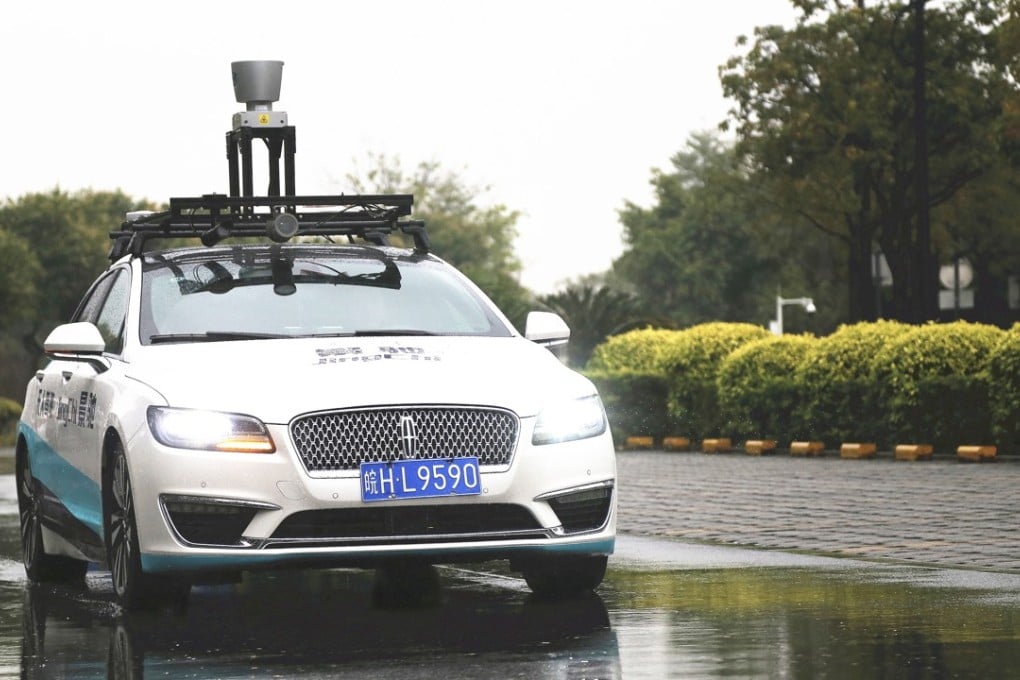China formulates new policies for autonomous cars in bid to catch up to US
The latest sign of national regulatory support comes two months after Beijing became the country’s first city to green light open road test for self driving cars

China is formulating technology standards and industry guidelines for autonomous vehicles as the world’s largest auto market plays catch-up with the US in what many see as the future of transport.
More than 24 states in the US have introduced legislation on autonomous driving, whereas China is behind on the regulatory front, according to Yvette Lin, an analyst with consultancy TrendForce.
However, China is aware of the problem and taking steps to close the gap. “We are building test fields and working on guidelines for open-road tests,” transport minister Li Xiaopeng said in comments reported by state broadcaster China Central Television.
Autonomous driving is increasingly seen as an amalgamation of the latest technologies, including 5G, manufacturing and new energy, said Li, adding that research was under way on self-driving ships and autonomous rail transit, as well as cars.
The latest sign of regulatory support comes two months after Beijing became the country’s first city to green light open road test for autonomous cars. The National Development and Reform Commission, China’s top economic planning agency, also unveiled a three-year plan in December, making the development of smart cars a national priority.
Lin said that with the development of smart car demonstration zones in cities like Shanghai, Hangzhou, Chongqing and Wuhan, more cities are expected to follow Beijing’s lead to relax open road tests in the second half of the year.